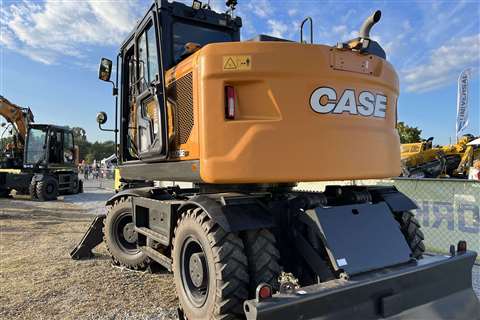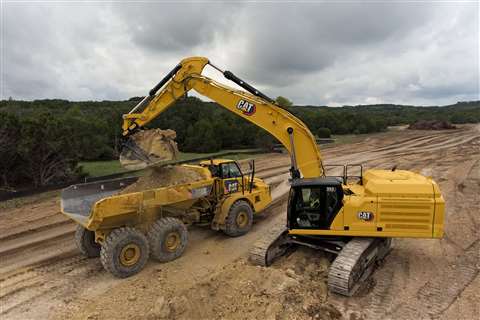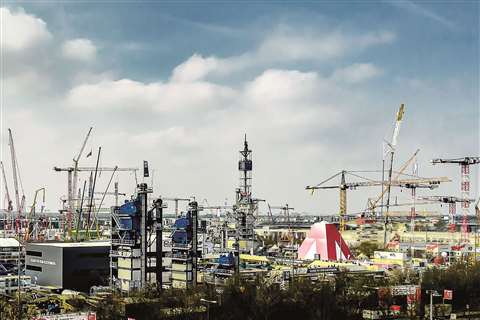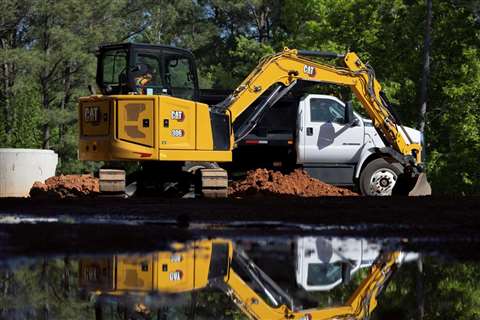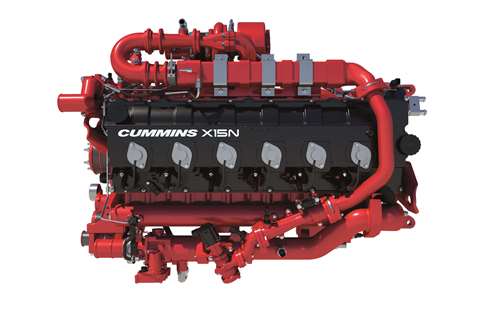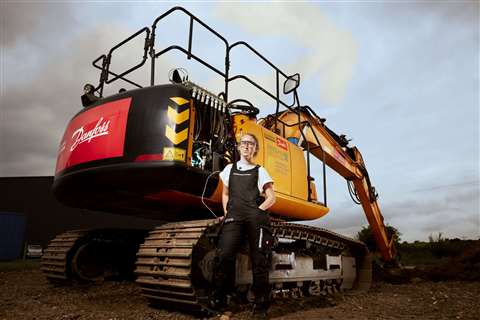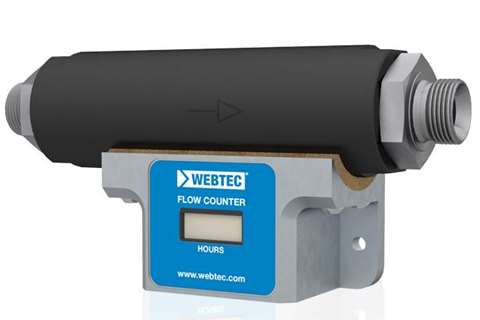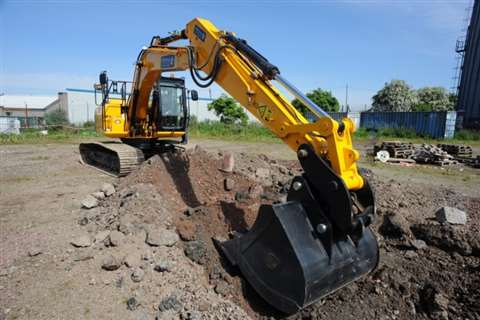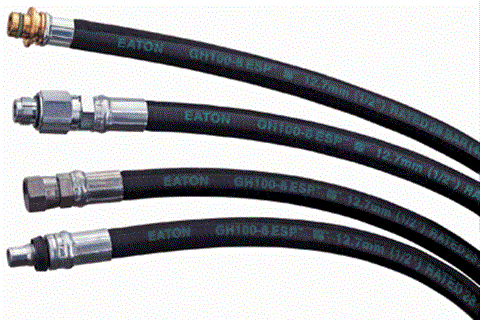All Hydraulics Articles
OEM added to Power and Flow Division
Case’s Diego Butzke discusses the inner workings of Case’s new line of wheeled excavators.
Danfoss claims combining an electric motor with its digital displacement pumps is the most efficient way to turn battery energy into hydraulic work. Construction Europe asked how the technology works
New excavators are said to feature more power
What to expect at the world’s biggest construction trade show
The company says the new technology will simplify operation for both new and experienced operators
Danfoss says electrification and pump tech can lower excavator emissions by 30 percent by 2030
With UK infrastructure output rising, rental firm’s new high-capacity cylinders will target bridge sector
Webtec has a developed a new RFS200 run-time meter for hydraulic attachments
Acquisition would create ‘global leader’ in mobile and industrial hydraulics
James Kamsickas will give keynote speech at the second Diesel Progress Summit in Chicago on 20 October
Date for second Summit follows success of first event in September 2019
New deadline is Thursday June 13, giving companies more time to prepare entries
Funding for JV to develop Digital Displacement could help UK take lead on low-carbon technology
Eaton has launched its new line of flexible rubber hoses designed for use with B2 fuel (a mix of 2% biodiesel and 98% traditional diesel) to B100 (100% biodiesel).
partnercontentplaceholder
blockintro
partnercontentplaceholder
blockintro
partnercontentplaceholder
blockintro
partnercontentplaceholder
blockintro





